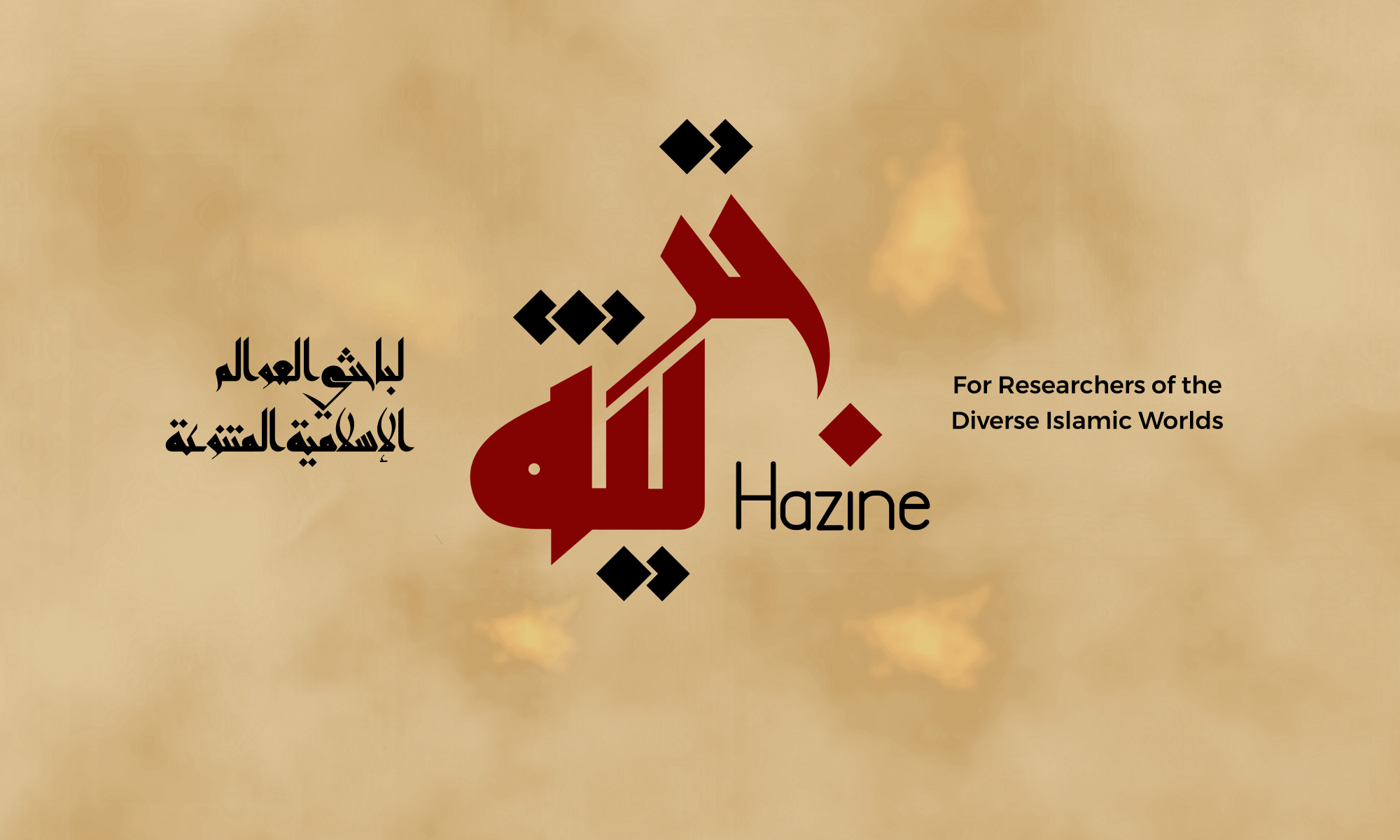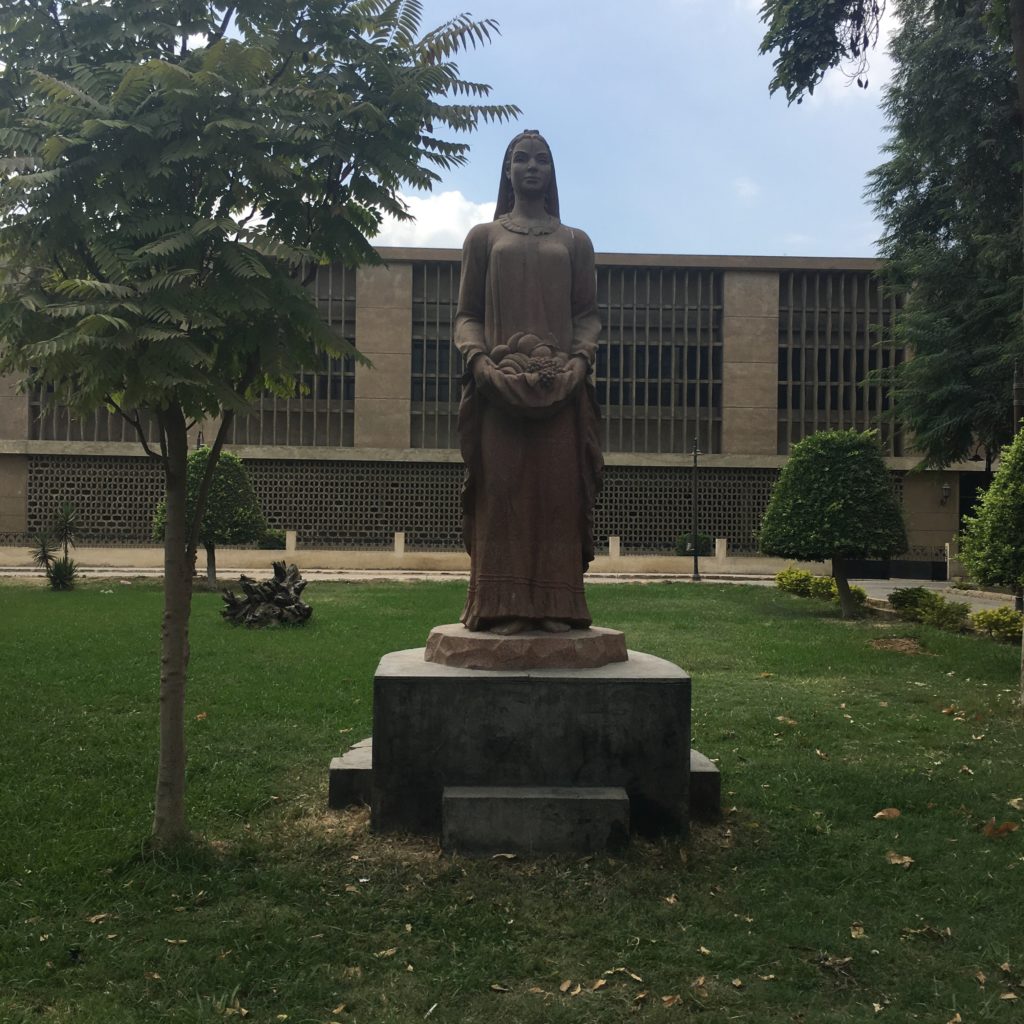At the moment, even if you can concentrate on work, you might encounter several unanticipated challenges. One of them is access to literature absent from the large-scale repositories such as JStor, academia.edu or your own library. Archives and libraries remain unreachable. Archivists and librarians are doing all they can to move as much online as they can but they too should look out for themselves and their loved ones first and foremost. And while researchers and teachers cannot (I repeat: can not) do the work that archivists and librarians do, what we can do at the present moment is come together and engage in the age-old practice of sharing resources. And while this is being done already in many instances bilaterally, this contribution is concerned with a way to do it communally, to help students and teachers get around paywalls and other current inhibitors. Of course, this will always be useful to those without institutional access.
Here, I will present one way of using an existing platform to share documents, be they books, articles, images, or even sound files. The general idea is to bring together people needing a certain article, book, image or other sort of image, recording or source with others who have access to it. A kind of academic Ebay, maybe? While the browser based app Trello is first and foremost a project management tool, it is flexible enough to serve this purpose. It has several advantages.
Continue reading “Making your own document sharing platform: Trello”

